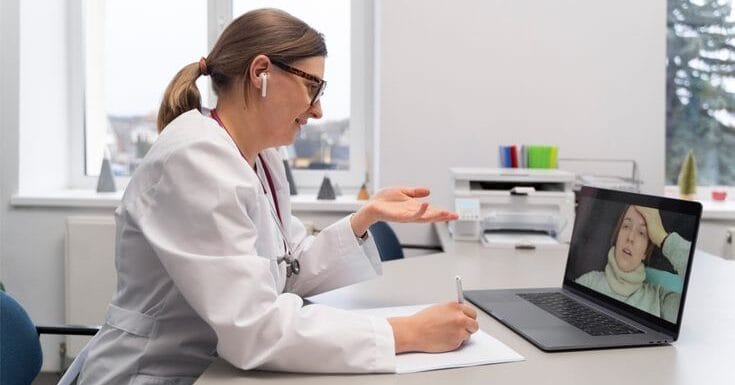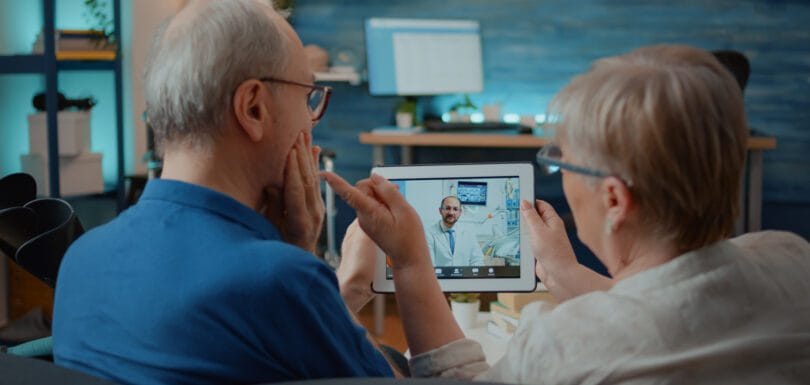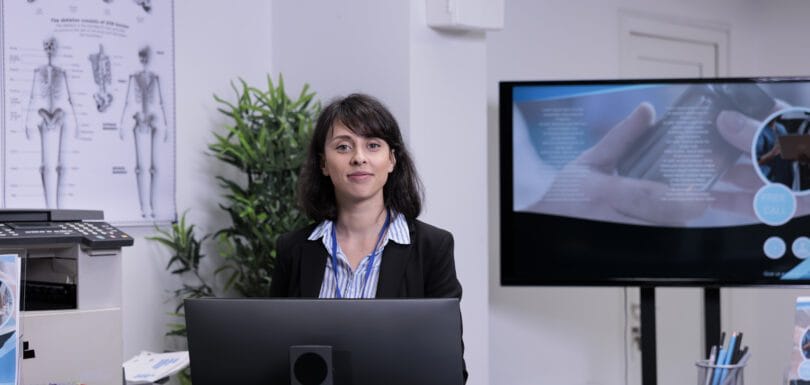How a Medical Virtual Compliance Officer Can Save Your Company Time and Money
The healthcare industry now operates at a fast pace and needs to adjust to many regulations to avoid paying penalties and to ensure no harms happen to patients. A virtual compliance officer is responsible for handling required healthcare laws remotely so that your medical practice or facility follows all the necessary rules, but you do not have to hire someone full-time. Technology and subject matter experts are used to help design and run virtual ways of checking and handling healthcare compliance for organizations of all sizes. Working with online compliance officer services offered by Remote Medical Assistant, healthcare places maintain rules and regulations easily, at more convenient times and at much lower prices. The Growing Need for Compliance in Modern Businesses Since healthcare regulations are changing rapidly, organizations need to be attentive to prevent being fined and losing their patients’ faith. Every day, medical centers need to follow regulations such as HIPAA, privacy rules for patient information, billing rules and those designed for the healthcare industry. Using older compliance methods is usually difficult for smaller medical practices since they do not have access to large numbers of staff and resources. This is where Remote Medical Assistant’s remote compliance officer helps out, giving special healthcare compliance guidance from a distance. With virtual regulatory compliance, healthcare providers are aware of the latest rules, avoid most risks and check that everything they do is up to standard. It is becoming increasingly common in healthcare to turn to online compliance tools, since they are more efficient, accurate and available to users. How a Virtual Compliance Officer Saves Time A digital compliance officer helps medical organizations improve their compliance processes with the help of technology and outside help. Now, health providers are able to handle material on compliance quickly and more efficiently, allowing them to concentrate more on patients. Here are some advantages a virtual compliance officer has over a full-time worker: Streamlined Compliance Processes: Tools and software designed for healthcare compliance enable virtual compliance officers to automate paperwork, check compliance and generate necessary reports which frees your staff to focus on patients’ needs. Real-Time Monitoring and Reporting: Virtual compliance management makes it possible to catch and solve problems right away, since it avoids the delays caused by manual checks and old details. Reduced Administrative Burden: With online compliance officer services, your practice gets rid of much paperwork which aids fast decision-making and prompt verification of compliance. How a Virtual Compliance Officer Saves Money Building a traditional compliance team in healthcare can be costly due to the need to pay staff, give benefits, secure an office and provide regular training. Turning to virtual compliance services means you can save money without having to worry about the care or safety of your patients. A virtual compliance officer helps medical organizations reduce their costs.: Lower Overhead Costs: Not having a compliance officer based in their office means medical facilities do not have to pay for space, equipment or similar expenses. Avoiding Costly Fines and Penalties: When you comply with virtual rules for regulation, your practice remains on top of important changes around HIPAA, billing and reduces the chance of facing expensive lawsuits and fines. Efficient Resource Allocation: Thanks to Remote Medical Assistant’s online compliance officer services, medical practitioners do not need too many employees while still following the rules. This combination of cost savings and risk reduction makes virtual compliance a smart financial choice for healthcare organizations seeking reliable regulatory oversight. Benefits of a Virtual Compliance Officer Because the healthcare industry is subject to more regulatory change, hiring an online compliance officer allows providers to take care of compliance in a cost-effective way. Here are the essential benefits you can achieve when you use online compliance officer services from Expert Virtual Medical Assistant Service Provider RMA: Cost-Effective Compliance Management By choosing a remote compliance officer, medical facilities can cut down costs on compensation, office location and staff training programs. Flexible and Scalable Support Having virtual compliance management means you can adapt your resources in line with your practice. Thanks to being flexible, both little clinics and emerging healthcare organizations are able to adjust without making large financial commitments. Access to Expertise Anytime, Anywhere A digital compliance officer can help your practice from far away, giving you advice on healthcare compliance and helping you meet regulations whenever necessary. Improved Efficiency Through Technology Modern software tools help them automate tasks such as regular audits, reviews of risks and the reporting process. This helps to avoid errors and also speeds up the process of following regulations. Reduced Risk of Non-Compliance Relying on expert help makes it simpler for your medical facility to be regularly checked for compliance updates, keeping away from serious fines and lawsuits through effective virtual compliance. Focus on Core Medical Services Having experienced compliance experts manage your people, you ensure that your medical teams focus better on serving patients and making progress without worrying about heavy regulations. Flexibility and Scalability of Virtual Compliance Officers One major reason to hire a remote compliance officer in healthcare is the higher level of flexibility. They can hire a team of experts for help with compliance who can be flexible about the services offered and the schedule. It means that healthcare organizations can easily handle any updates in their policies or positive growth. Organizations can handle both increased scrutiny and lots of patients effortlessly using virtual compliance management. It is most valuable to clinics, growing healthcare providers and practices operating in several locations with different rules. Using Remote Medical Assistant’s digital compliance officer services, medical practices have on-demand support and can avoid paying for extra services they don’t need. Technology and Tools Used by Virtual Compliance Officers The importance of the virtual compliance officer in healthcare comes from using recent technological tools. Up-to-date online compliance officers depend on advanced software and online tools to easily handle demanding regulatory guidelines. With these platforms, it’s easier to follow virtual healthcare compliance since the tools take care of tasks like keeping documents










